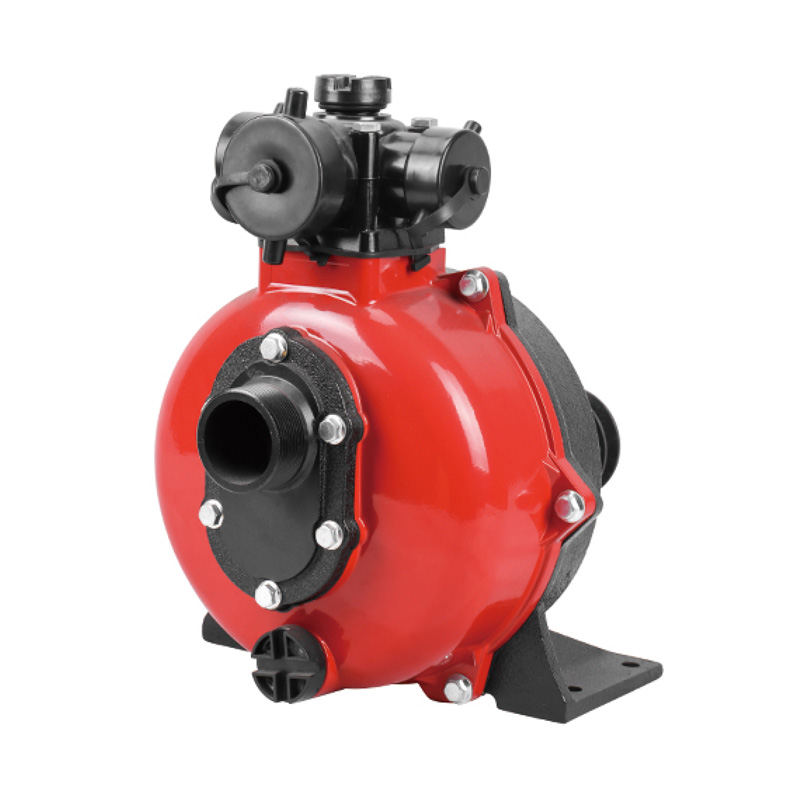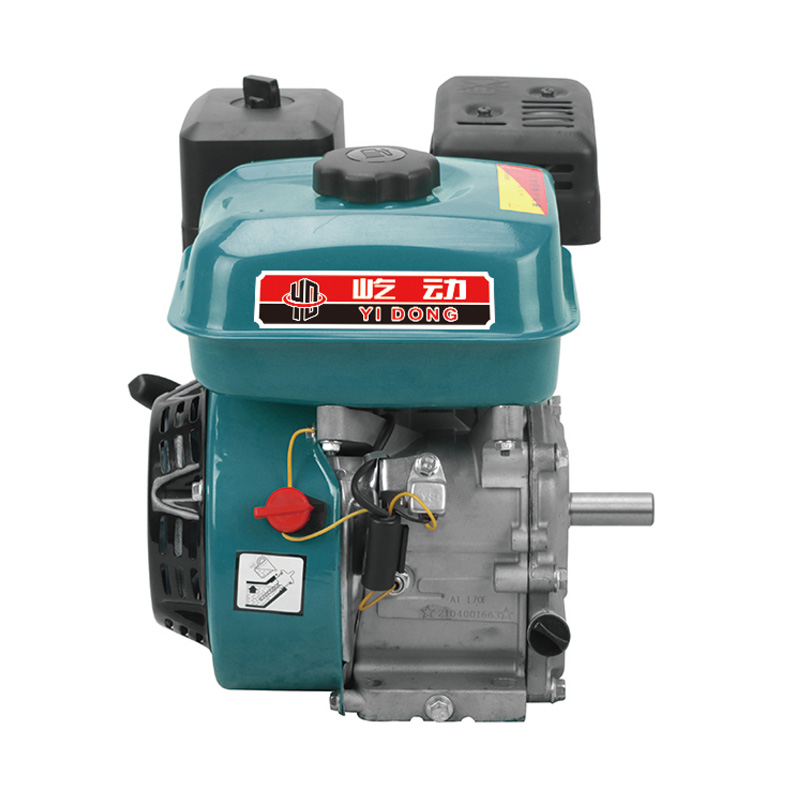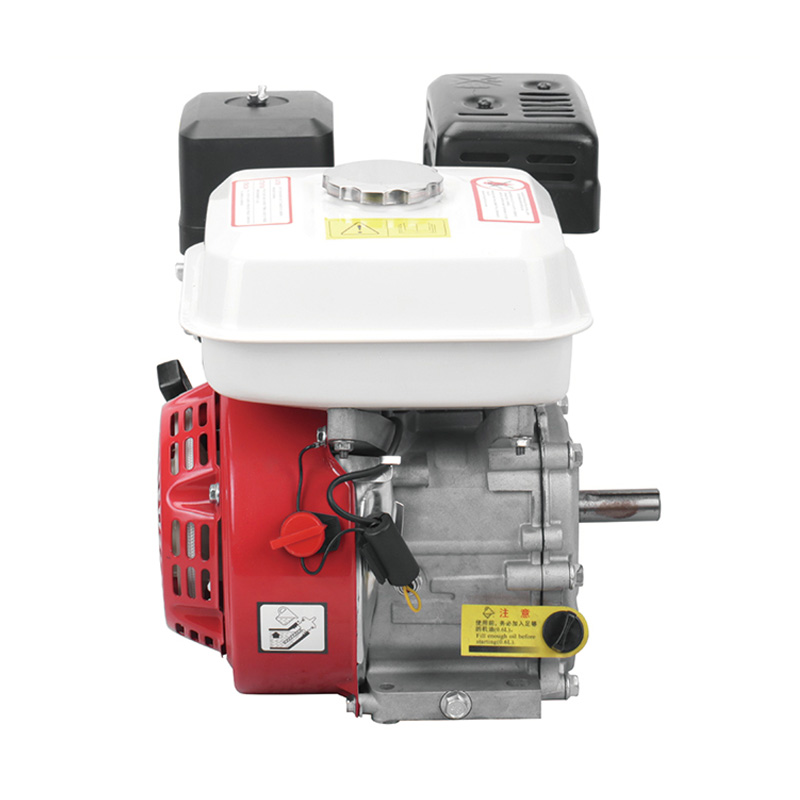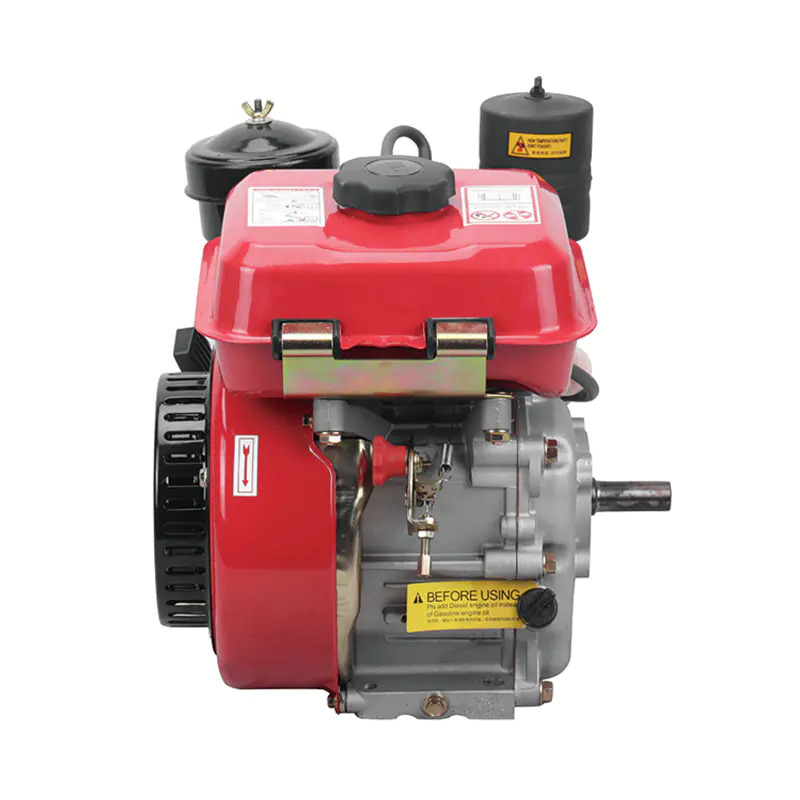A Functional Comparison of Power Systems
The conversation around machinery power sources often presents a choice between traditional Gasoline Drive Power and modern electric systems. Understanding the functional characteristics of each is crucial for making an informed selection. This article provides a comparative look at the efficiency and performance attributes of Gasoline Drive Power and electric systems, aiming to delineate the circumstances under which each demonstrates its particular strengths.

Defining the Parameters of Comparison
To ensure a meaningful comparison, it is necessary to establish the specific metrics under evaluation. For this analysis, 'efficiency' refers to the overall conversion efficiency from the stored energy in fuel or a battery into usable mechanical work at the drive shaft. 'Performance' encompasses the output characteristics, including torque delivery, power band, and responsiveness. Additional practical considerations, such as operational costs, refueling/recharging logistics, and environmental impact, will also be factored into the discussion to provide a comprehensive view.
Efficiency: Energy Conversion from Source to Work
In a direct measurement of energy conversion at the point of use, electric systems generally demonstrate a higher efficiency rate. Electric motors convert a larger percentage of electrical energy from the battery into rotational force. However, a complete assessment of Gasoline Drive Power involves considering the energy contained in the fuel itself, which is readily available and portable. The efficiency of gasoline engines has seen incremental improvements through advancements in engine management and design. For electric systems, the broader picture includes energy losses during electricity generation at the power plant and transmission across the grid, as well as charging and discharge inefficiencies in the battery pack.
Performance: Torque, Power, and Operational Output
The performance profile of these two systems differs markedly. Gasoline Drive Power typically delivers its peak torque and power within a specific band of engine speeds, often requiring the engine to be kept at higher revolutions for maximum output. This characteristic can provide strong performance for tasks requiring sustained high power, such as running a pump or generator at a constant load.
Electric systems, in contrast, are known for providing immediate maximum torque from a standstill. This results in very rapid acceleration and strong initial pushing power for machinery. The power delivery is also generally smoother and more linear. For applications demanding quick, high-torque responses, this can be a significant advantage. However, Gasoline Drive Power can maintain its peak power output for as long as fuel is available, whereas the performance of a battery-electric system may be managed by its thermal state and battery charge level.
Operational Considerations and Contextual Fit
Beyond pure efficiency and performance, daily operational factors play a large role. Gasoline Drive Power offers the advantage of quick refueling, which supports continuous operation with only brief pauses. The infrastructure for fuel distribution is also well-established. Electric systems benefit from having lower energy costs per unit of work in many regions and generally require less routine maintenance, as they lack components like spark plugs, oil, and complex transmissions. The environmental consideration involves a direct trade-off: Gasoline Drive Power produces localized emissions during operation, while the cleanliness of an electric system is directly tied to the source of its electricity.
Aligning the Power System with the Task
The decision between Gasoline Drive Power and an electric system is fundamentally application-dependent. Electric systems present compelling benefits in terms of point-of-use efficiency, low-end torque, and reduced maintenance for applications with access to grid power and defined work cycles. Conversely, Gasoline Drive Power remains a strong candidate for tasks requiring extended runtime, operational autonomy in remote locations, and a high power-to-weight ratio. A thoughtful evaluation of the specific duty cycle, power needs, and operational environment is the most reliable path to selecting the appropriate power source.



 English
English русский
русский Français
Français Español
Español عربى
عربى








